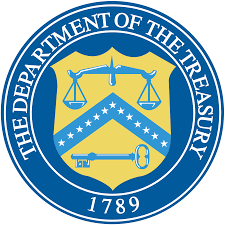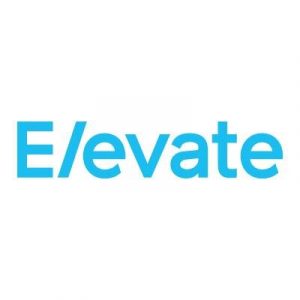 Minorities in America have less savings and more needs for small loans which fintech hopes to solve.
Minorities in America have less savings and more needs for small loans which fintech hopes to solve.
The House Financial Services Committee sub-committee on Financial Institutions and Consumer Credit held a hearing this week entitled: “Examining Opportunities for Financial Markets in the Digital Era”
The hearing addressed the recent US Department of Treasury report entitled “A Financial System that Creates Economic Opportunities: Nonbank Financials, Fintech, and Innovation”
One of those testifying was Dion Harrison the Director of Products for the financial technology company, Elevate.
Elevate, using financial technology, helps what it refers to as the “New Middle Class” or those with “little to no savings, urgent financial needs, and limited options,” according to its website.
Elevate created a research arm called Center for the New Middle Class and Harrison noted that its research found some interesting data: “African-Americans are 80% more likely to live paycheck to paycheck; they are also two and half times more likely to overdraft their bank account. Hispanic non-prime borrowers are more likely to experience higher levels of employment and less volatile income, but less than one in ten have a retirement account. What rings true about our research is that these Americans need access to better small dollar loans, and my experience tells me that partnerships between fintech companies and banks are key to building safer, more accessible financial products.”
Harrison said that approximately 160 million Americans have credit scores of less than seven hundred; borrowers with these credit scores are what Harrison refers to as “the new middle class.”
In the US, the three credit reporting agencies- Experian, Equifax, and Trans Union- rate borrower credit worthiness based on scores from 300-850. Scores of 700 and above are generally considered excellent.
 Elevate, as Harrison noted, targets those with credit scores below 700.
Elevate, as Harrison noted, targets those with credit scores below 700.
The company has originated, largely on-line, loans totaling approximately $5.4 billion since 2013.
Their loans often compete with so-called pay day loans, short term loans often paid back with the next paycheck which can charge as much as 50%.
“We’re the only Fintech company to cap our profits to reduce costs for our customers. We’ve lowered our APRs by over 50 percent since 2013, and we’ve saved consumers more than $4 billion versus what they would have paid with a payday loan. We have a customer-centric approach to designing and underwriting all of our products, prioritizing direct, often technologically-driven interactions with our customers.” Harrison noted further in his written statement.
The other witnesses during the hearing included: Aaron Cutler, a partner at Hogan Lovells LLP, Michael Price, the President and Chief Financial Officer at First Commonwealth Financial Corporation, and Scott Astrada, a Director of Federal Advocacy for the Center for Responsible Lending.
Cutler, during his opening remarks, called for harmonization among state financial regulators.








